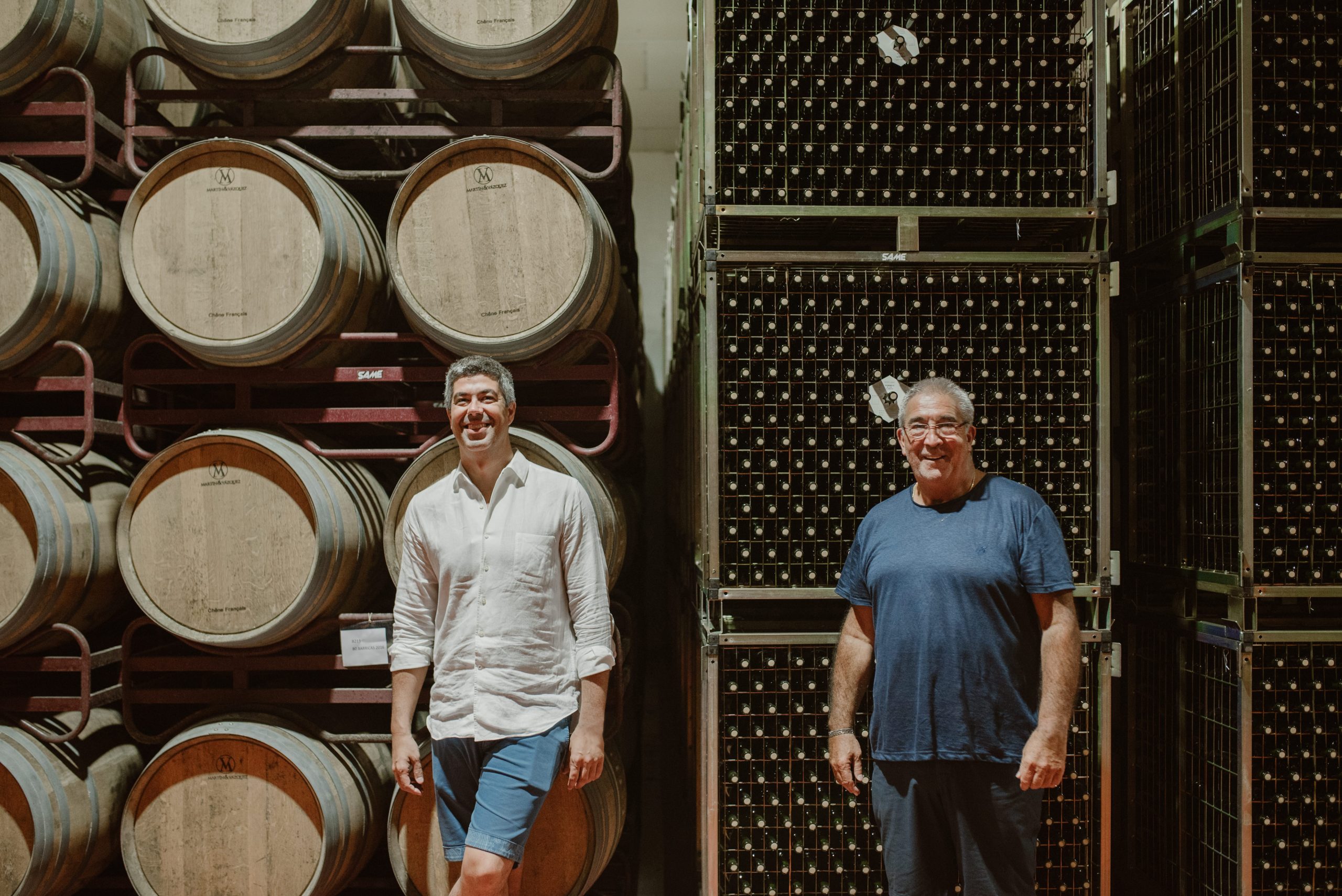Pernod ramps up calorie label pledge after EU report
Pernod Ricard has said it will provide a web link to nutritional information on the labels of all of its strategic brands, following a report by the EU Commission inviting the trade to devise its own calorie labelling strategy.
All of Pernod’s international strategic spirits brands already publish nutritional information on their respective websites, as well as most of its wine, Champagne and strategic local brands, which includes Chivas, Jameson, Malibu, Absolute, Martell, Jacobs Creek, Campo Viejo and Kahlua.
However Pernod has said that it will now be working to include a website address and QR code on the label of every bottle directing consumers to a product’s nutritional information instantly.
Group-wide, 85% of these web pages are already online, with the remaining 15% set to be available before the end of 2017.
“Digital technology is an extraordinary tool that enhances our interaction with consumers”, said Alexandre Ricard, chair and CEO of Pernod Ricard.
“An increasing number of consumers want clear, useful information about the products they consume. They can now access information concerning all our strategic products any time, anywhere”.
Nutritional information will be expressed per 10g unit of alcohol, but also by the serving size most typical of each product, for example 150 ml for Campo Viejo wine, 25 ml for Cognac Martell or Chivas whisky.
Partner Content
Pernod believes this approach will allow for a diversity of consumption patterns to be reflected to help consumers drink more responsibly.
It follows a report published by the EU Commission this week that invited the drinks trade to present a self-regulatory proposal within one year to provide calorie and nutrition labelling on alcoholic beverages, avoiding the need to enforce a mandatory labelling system.
The decision will effectively close a loophole within a previous ruling that came into effect in 2011 which made it mandatory for all foods, including alcoholic beverages, to provide an ingredient and nutrition declaration, but which saw beverages carrying an abv of more than 1.2% exempt.
Many producers, including Diageo, Treasury and ABInBev, already provide ingredient and nutritional information on a voluntary basis.
This report will make nutrition labelling on alcohol beverages mandatory across the board, but within a self-regulatory framework for which the drinks trade will have significant input over.




